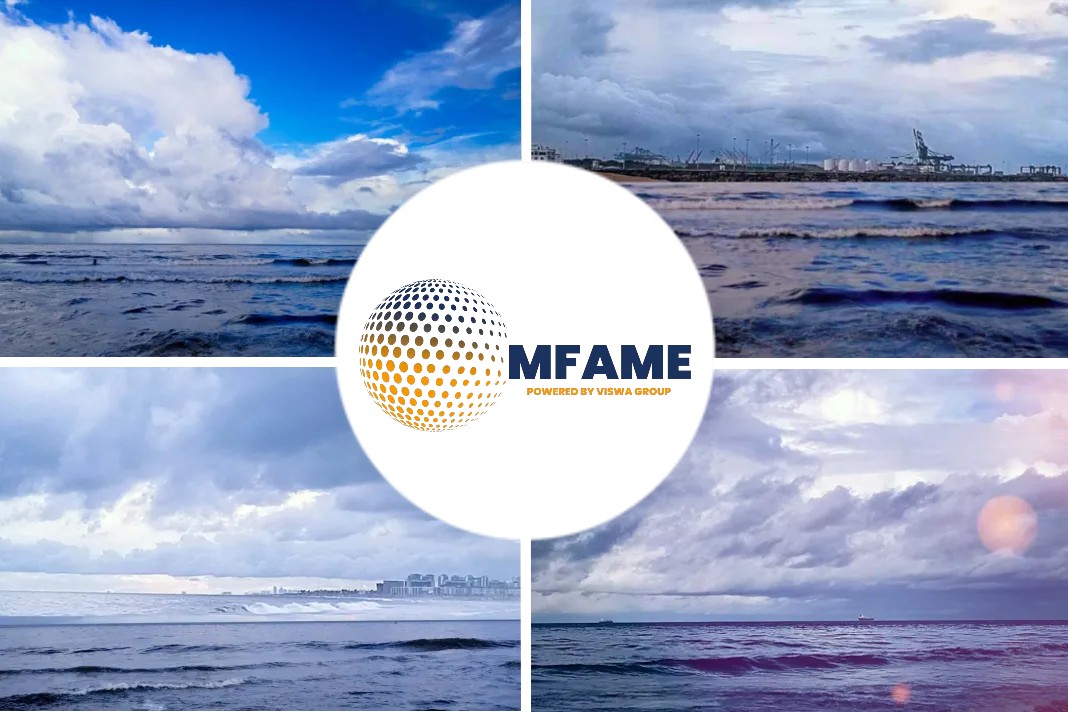- Many new initiatives have been taken by the shipping sector to achieve zero emissions.
- However, 27% to 30% of vessels newly built between 2022 and 2050 will still require conversion to a different fuel in order to meet zero targets.
- A new whitepaper published by classification society Lloyd’s Register shows.
The information was obtained through the assessment of a container ship route in Southeast Asia by the LR Maritime Decarbonization Hub.
Zero Ready Framework
Zero-carbon shipping solutions are being developed but are not commercially widespread yet. As ships built today will still be in service in the 2040s, owners must plan for conversion to zero carbon fuel within the vessel’s lifetime. To ensure the sector remains on the right transition path, it is necessary for
ships to be ‘ready’ to use zero-carbon fuels, even if they run on fossil fuels today, according to LR.
That’s why the classification society developed a new framework for assessing the actual readiness of a vessel for the transition to zero carbon fuels, ‘Zero Ready Framework – helping to ensure shipping can deliver our zero-emissions future’.
The framework ranks vessel readiness for zero carbon fuel operations from 1 (highest level of readiness) to 5 (lowest level of readiness), and measures on a well-to-wake basis.
Specifically, the rankings were developed based on observations that some shipowners have had a design for conversion to zero carbon fuel done as a paper exercise, without a plan for how the conversion would be carried out.
Vessel Conversion
LR created a framework to offer clarity around the term ‘readiness’ which is used in multiple ways across the shipping industry. “Until now, we have found that current regulations have focused on near-term improvements in vessel energy efficiency and GHG emissions, but have yet to address the longer-term goal of vessel readiness for zero carbon fuels,” said Andrew Keevil, Strategy Development Manager for LR Maritime Decarbonization Hub.
Charles Haskell, Director, LR Maritime Decarbonization Hub, noted that as ships built today will still be in service in the 2040s. Vessel conversion is technically complex and involves significant costs. It may involve changes in layout, structural modifications to the vessel and replacement of pipework and systems.
However, LR argues that very few LNG ‘ready’ vessels have so far been converted to operate on the fuel, in part due to the heavy costs and time out of service.
Did you subscribe to our newsletter?
It’s free! Click here to subscribe!
Source: OffshoreEnergy


























